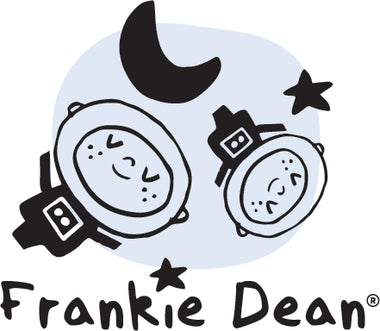
10 Power Foods Your Baby Should Eat

Some purees can be added to your baby’s diet as early as six months if your baby is ready for them. At one year of age, solid food should be replacing most of the milk in their diet. Ask your pediatrician if you are not sure which foods are best for your baby.
These 10 power foods can provide your baby with essential minerals, vitamins, and nutrients.
- Carrots are an excellent antioxidant and contain vitamin C and beta carotene. Carrots are also very high in vitamin A, which is needed to support the immune system. Cooked carrots bring out more sweetness, served either as a puree or slices after they are already fully cooked and soft.
- Ripe avocados are smooth and creamy when pureed. They are high in potassium, fiber, and a good source of fat. Make sure you only serve your bay ripe avocados.
- Sweet potatoes are naturally sweet and preferred by most babies and are an excellent first baby food for baby. They are high in vitamins A, C, potassium, beta carotene, copper, and manganese and gentle on a bay’s digestive system.
- Bananas are an excellent carbohydrate that can provide energy to your child. They also contain properties that help coat the tummy and help aid in digestion. Smashed and pureed bananas are perfect for younger babies, while older ones can start to eat chopped bananas.
- Butternut Squash offers an adequate supply of vitamin A, potassium, and fiber. Butternut squash is also easy to make; steam or boil until tender and puree.
- Tomatoes can be safely consumed when babies are ready for solids (Amy Chow, RDN). Tomatoes are high in fiber, and a good source of vitamin A, C, B2, folate, and chromium and are excellent antioxidants.
- Peas are a preferred vegetable for babies because of their naturally sweet flavor. They are also high in calcium and vitamins K and C, and just one cup of peas has more protein than one tablespoon of peanut butter.
- Broccoli is rich in vitamins like calcium, vitamins A, B6, B12, D, and E. Try steaming or microwaving, and if your child does not like the taste, try sweetening by mixing with a sweeter vegetable in a puree.
- Raspberries are rich in vitamin C and are higher in folic acid and zinc than most fruits.
- Brown Rice contains dense natural nutrition and is much more nutritious and a better choice than refined white cereal products that lose their nutritional value in processing.
https://www.parents.com/recipes/a-superfood-list-for-babies-and-toddlers/
